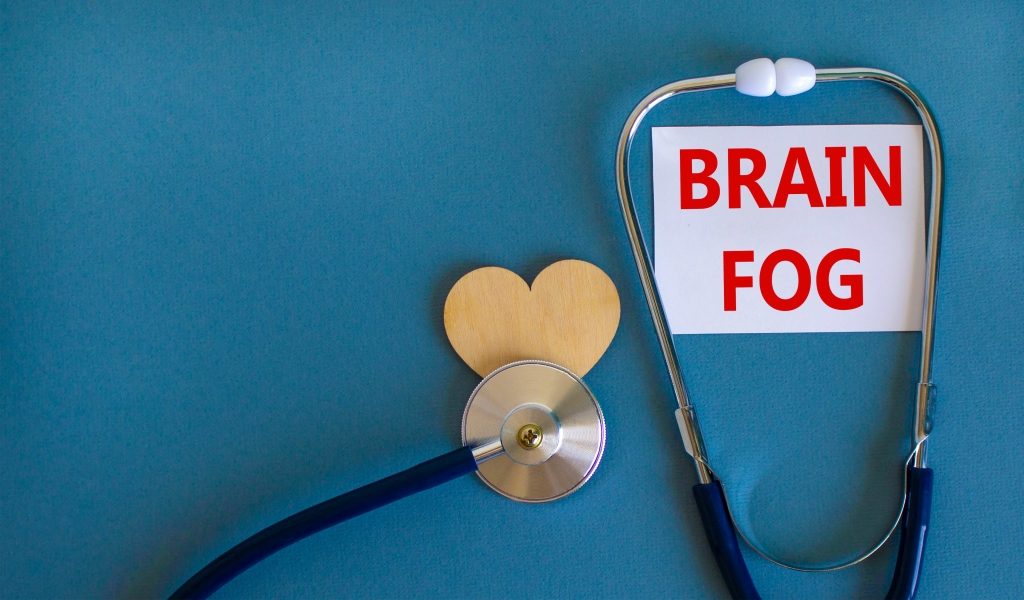But I had to face my fears and start to overcome them before I could see this. Through the work of self-forgiveness, I am now in a better place. I am able to move forward rather than be stuck in the past.
- Maybe you even tossed back a few at work, in the car on the way home, or in the morning to get you going.
- Guilt is having negative feelings about your past behavior.
- And it was pretty much that way for 10 years.
Sobriety will build your self-esteem, confidence, and communication skills. You will start to feel better about yourself, making you more comfortable engaging in conversation with others. The new you, clean and sober, will have so much more to offer that you will be amazed at the quality of friendships you will attract.
Fear of Failing at Sobriety
Therefore, the thought of having to actually deal with the pain that I had been numbing for over six years of my life was daunting. I had no idea how to cope with any unwelcomed feelings. Most of the time, people become addicted to drugs or alcohol because they have a lot of pain inside. In some cases, addiction can be linked to trauma or a co-occurring mental disorder, but it can also be used as a way to deal with stress or emotions.
The prospect of never going out again and partying can seem dismal to some. Many people in addiction recovery need to learn how to have fun again and be social without alcohol. I spent over a decade knowing that I was supposed to be someone else but constantly getting further and further away from that. So for me, the things that have been difficult https://ecosoberhouse.com/article/alcohol-relapse-signs-symptoms-stages-stats/ like friendships and relationships are different now that I can stand up for myself and set boundaries and I know what I want. I never knew what I wanted, so how would I have known what to ask for? I can walk away from situations now knowing I am able to express myself and not wishing I had the strength to have said or done something.
Fear of Failing Yourself
The idea of finding out who I was may have been the scariest thing of all. I was frightened at what kind of person I could be without the crutch of alcohol or other substances. Afraid that I would be a failure and not live up to the expectations of what a sober life requires. Letting other people down is a common fear even if you don’t have close bonds with others. You may feel that way about an employer, for example.
According to Merriam-Webster, being sober simply means abstaining from alcohol and drugs. Though some people are sober for their entire lives, others may have sober episodes of a few years, months, or even days. I got sober two months after my mom died very suddenly. I’ve dealt with a lot of grief in my sobriety but I haven’t picked up a drink, and I think it’s because for some weird reason it feels better walking through it and feeling everything. And thank god I have this foundation and structure that’s keeping me afloat. I wish that everyone could have these tools.
Sober Living and Helping Others Helped Me Deal With Fear
In fact, for many of us returning to use is a reality of recovery. By its very nature, substance use disorder is referred to as a relapsing condition. I would much rather fail and keep trying than stay stuck on a one-way path to destruction. And worrying about what others may think if you return to use is outside of your control. You focus on you and the people who are supposed to be in your life will support you along the way.
- One of the biggest things to overcome is the fear of how you will adapt to your new life in addiction recovery.
- But remember that anyone who truly cares about you will always come back.
- Because he is a member of a support group that stresses the importance of anonymity at the public level, he does not use his photograph or his real name on this website.
- Now that I have allowed myself to properly grieve, I am much more able to cope with life’s ups and downs and move on from the past.
- Get over your fear of being sober by facing it head on.
It is very normal in the early days to feel like you’ve resigned yourself to a life of misery by quitting alcohol. Those early days of sobriety may leave you feeling hopeless. Any big life change naturally brings a sense of fear or unease.
What if your fear is an invitation to try something better?
Post-acute withdrawal syndrome (PAWS) involves experiencing withdrawal symptoms that persist past the detox period. Such symptoms are often related to mood and may include irritability, anxiety, depression, fear of being sober sleep problems, and fatigue. However, research suggests that while 12-step groups are effective, people often don’t continue their involvement at beneficial levels over the long term.

